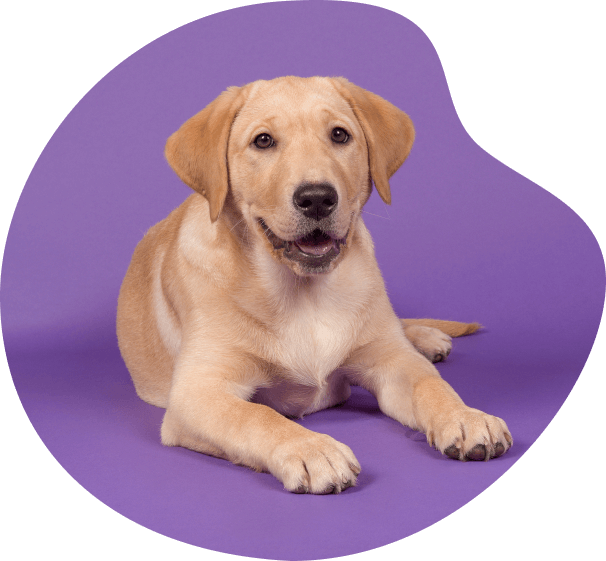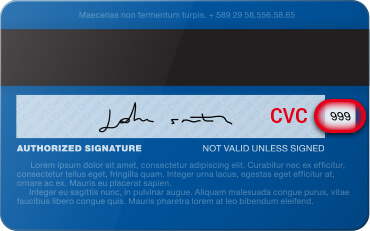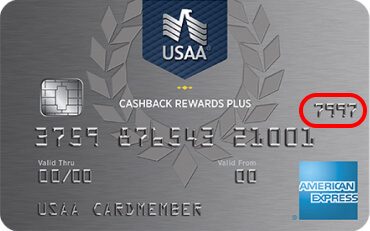Online dog training courses
Dog training is made simple with EveryDoggy! Train your dog 15 minutes a day and raise an obedient and well-mannered pet.
Easy-to-follow
Our video lessons come with clear step-by-step instructions.
Created by top canine experts
All our content is created by top dog trainers dedicated to your success.
Tested in practice
We helped to raise more than 10000 obedient dogs and puppies.
Our most popular courses
Want to teach your new puppy all the basics? Or teach your dog impressive tricks? Focus on your goal and get started with one of our customized courses.

Puppy. Basic Course
Socializing, taking the first steps at home, preventing behavioral issues.

Adorable tricks
Teach your new dog or puppy these simple show-off tricks and strengthen the bond between you.

Boredom-busting games
Challenge your dog’s mind with these fun and effective games, aimed at mental stimulation.
then $19.99 / 1 month
Frequently asked questions

The main aim of the course is to help you raise an obedient, well-mannered dog who is a pleasure to live with.
All our courses are based on positive reinforcement —the most humane training method which is getting more and more popular around the world. Caring dog owners want to raise their pets without resorting to punishment, pulling or shouting at the dog. That’s why they choose positive reinforcement. What’s more, science-based, force-free training methods are proven to be more effective and they ensure that you develop a much healthier, happier relationship with your dog.
Yes! Our video lessons come with clear step-by-step instructions and even a novice dog owner can follow them. In addition, self-training helps to strengthen the bond between you and your dog.
The sooner you start training your dog, the better. That is, start training your pet right from the moment he arrives at your house. However, it doesn’t mean it will be impossible to train your dog later; dogs are smart and they can learn at any age. It will only take more time to learn and practice new commands.
It is very important to learn how to give commands and praise your dog correctly. Start with the simplest and easy-to-follow exercises and games.
You should also understand what motivates your dog best and choose the best reinforcement based on that.
Watch our video lessons to understand what motivates your pet and find out which commands to teach your puppy or adult dog.
Don’t forget that dogs love to learn at any age.
Your dog may bark excessively for the following reasons:
- They try to manipulate you — they may ask for attention, beg for food or make you play with them. In these cases, do not reinforce your pet’s barking by interacting with them. Be patient as your dog is very likely to bark more loudly and more insistently. But without your reaction, this behavior will fade.
- Your dog is over-excited. In this case, you’ll have to work with your dog’s mental condition. You’ll need to teach your dog self-control and concentration and do some relaxation and anxiety-relieving exercises.
- Barking is your dog’s response to noises, whispers or any other loud sounds. In this case, record the disturbing sounds on your phone (or ask someone to reproduce them) and gradually familiarize your dog with those noises.
You can find a step-by-step guide on how to familiarize your dog with noises, self-control and relaxing exercises in our training courses.
Biting objects and even our hands is one of the ways puppies explore the world. And it is very important to teach the puppy to control the strength of his bite.
We never punish or scold the puppy for nipping, instead, we use the following method. When you play with your puppy, let him nip your hands. Continue playing until he bites especially hard. When he does, immediately give a high-pitched yelp, as if you’re hurt. The puppy should understand that you feel pain.
If yelling doesn’t help, and it makes your puppy even more excited, take time-outs and stop your interaction.
If you can’t cope with your puppy’s biting and nipping on your own, watch our step-by-step video tutorial.
If your dog doesn’t follow your commands, it means they are not quite clear about what is going on, what they should do and what the benefits of following your commands are. Or maybe the commands are too difficult for your dog at this stage of learning.
So what should you do in this case?
- First of all, learn the basic model for training commands which is both simple and effective, and follow it.
- Divide the learning of any command into several stages and choose the reward your dog likes the best.
- Learn the following scheme: a command ➡ a marker of correct behavior ➡ a praise ➡ a treat.
Don’t make training sessions too difficult or too long; make them short but regular.
Make sure the verbal marker of correct behavior is given at the exact moment your dog performs a desired action.
You can find the basic model for learning commands, training session rules and lessons on how to praise your dog right in our all-in-one video course.
What dog parents say about the EveryDoggy courses







